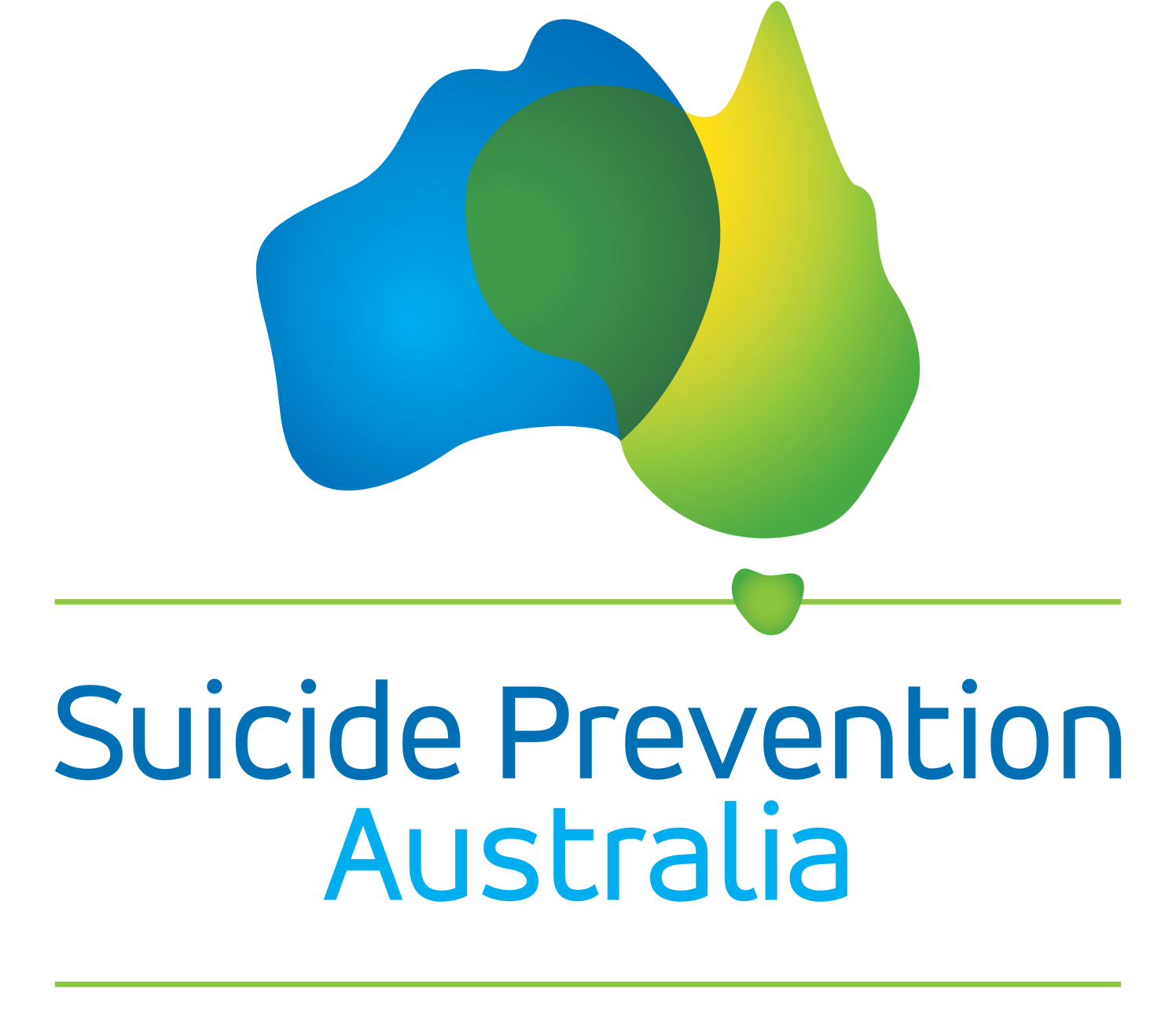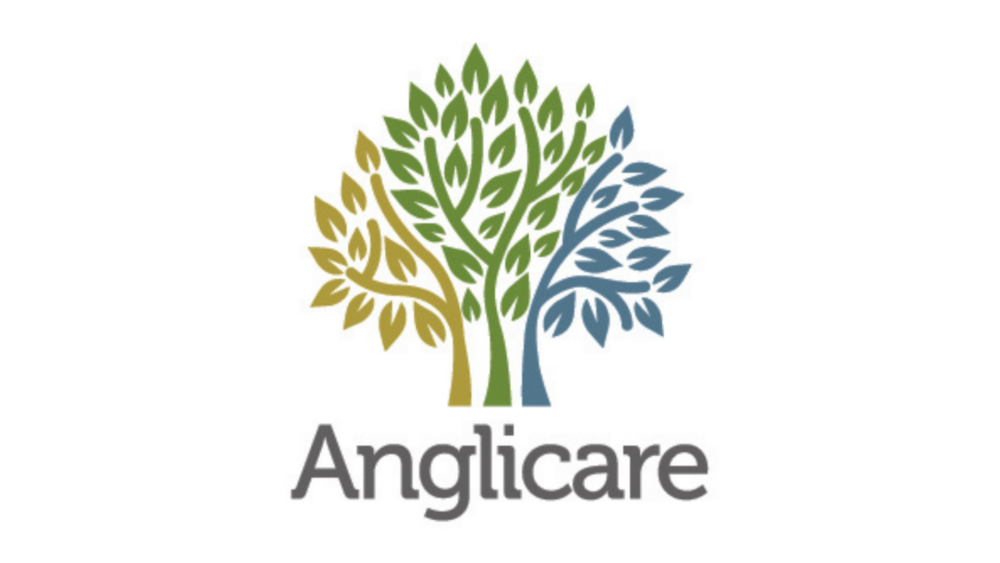Anglicare’s Suicide Prevention for Seniors Program was born in August 2021 out of a need to equip those gatekeepers who support seniors such as aged care workers and GP practice staff to spot suicide risks and guide people in crisis to help. The program is funded by NSW Health for three years.
It is not commonly known that men 85 years of age and over have the highest rate of suicide. This is one reason that Anglicare’s program is needed. Another compounding fact is that seniors are less likely to seek the help of a mental health professional. So training gatekeepers in suicide prevention for older people is crucially important.
This program educates participants about the risks and protective factors that are specific to seniors.
The issue of ageism is one such risk factor which we highlight in the program.
A recent research paper published in Australasian Psychiatry outlines how ageism can lead to suicide.
The authors point out that “ageism has direct adverse impacts on the mental health of older people and clinical decision-making.
“It may be a core contributing factor to suicide in older adults through ageist assumptions and communication styles and missed opportunities for appropriate diagnosis and intervention.
“Examples include considering depression as understandable’ or ‘justifiable’ with associated therapeutic nihilism (doubt that therapies are worth the effort) and lack of active management; and judgements that suicide in an older adult is ‘not such a terrible thing’ or understandable.
“These must be challenged through training and leadership to prevent ineffective screening for suicide risk and amplification of hopelessness in older adults in crisis.” 1
In fact, according to a recent report released by the Australian Human Rights Commission, ageism is the most accepted form of prejudice.
Anglicare’s Suicide Prevention for Seniors Program is working to spread this message, discourage ageism, whether intentional or not, and equip gatekeepers with lifesaving skills. To date, 15 workshops have run that have been attended by over 150 people with varied roles and from a variety of organisations.
For Anglicare’s Yolanda Couchman who completed the program in January this year, it didn’t take long before she needed to put the learnings into practice.
Yolanda, who works in housing for women over 55 years at risk of homelessness says “Two hours after the training, I was visiting one of our sites with another colleague due to a resident that seemed to be having some mental health changes.
“She displayed signs of a possible suicide attempt, as she had taken herself to an unsafe place, we were able to contact rescue, police and ambulance.
“I shared some of the learnings from the Suicide Prevention for Seniors program with my colleague who was able to keep talking with the resident whilst I spoke to the police.
“After three hours, the resident was able to be made safe and taken to hospital.”
It’s stories like these that reaffirm the importance of this program.
- Wand A, McKay R, Pond D. Towards Zero Suicide: need and opportunities to improve implementation of clinical elements for older adults. Australasian Psychiatry. November 2021. doi:10.1177/10398562211054034

